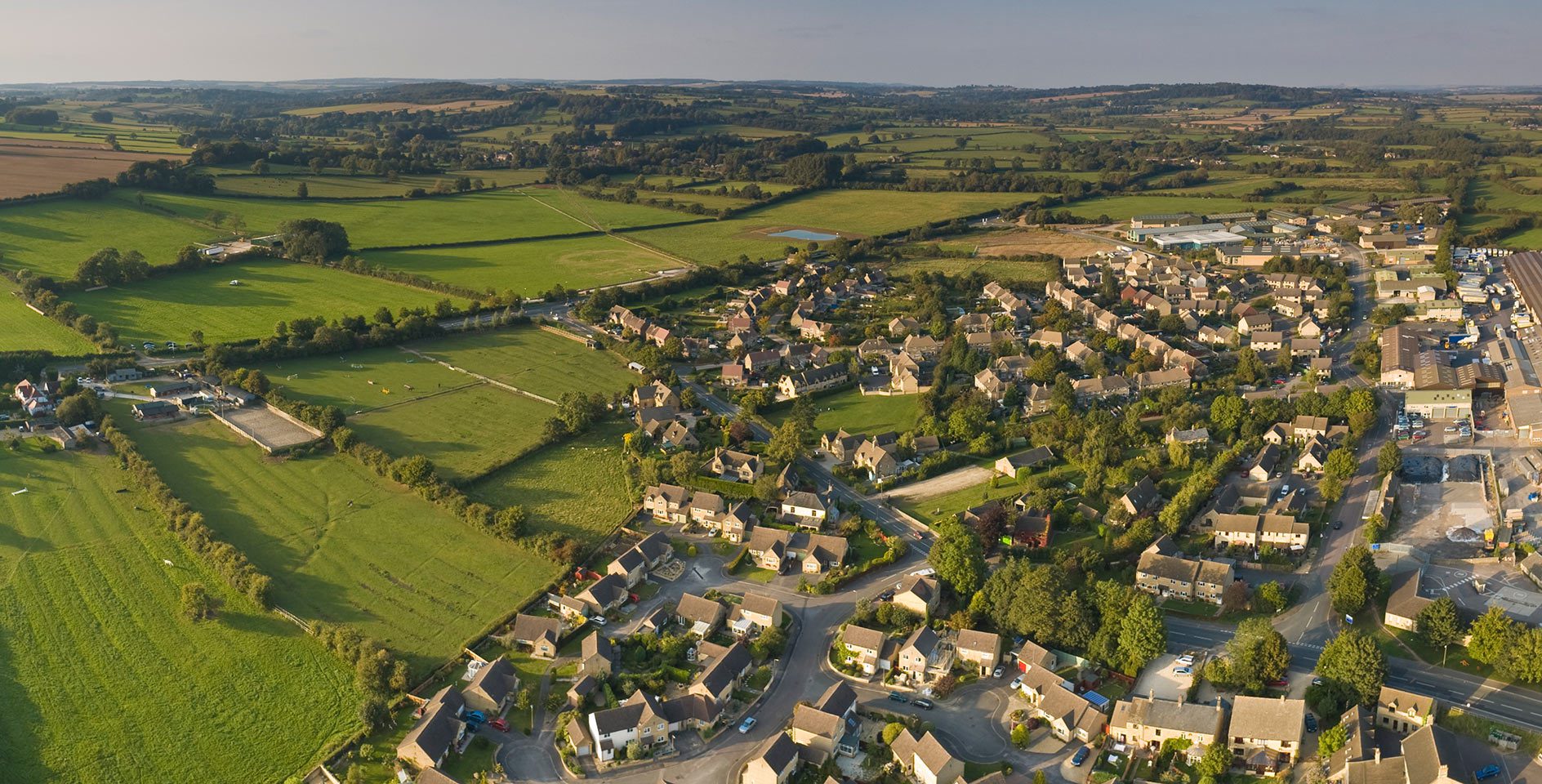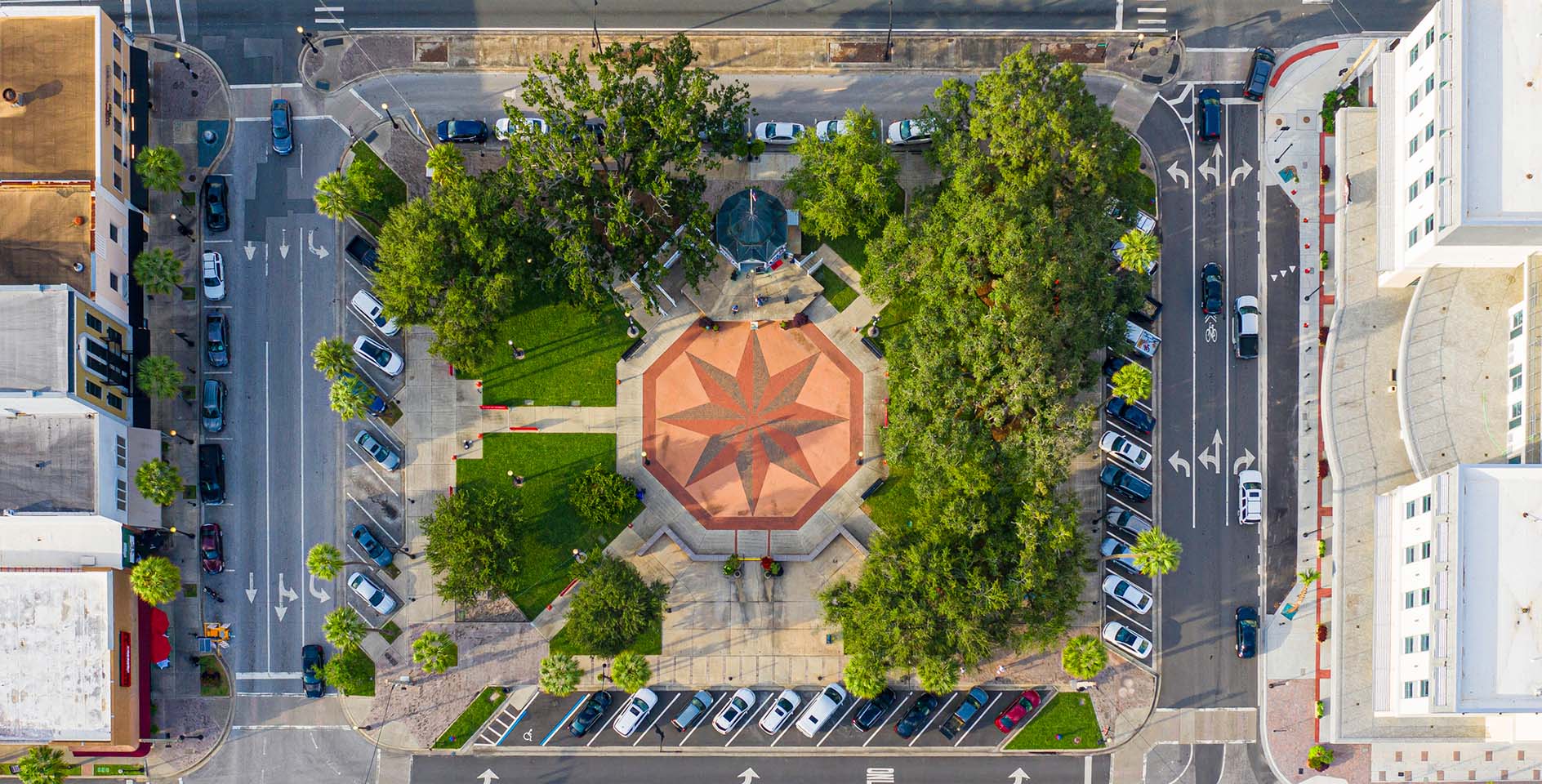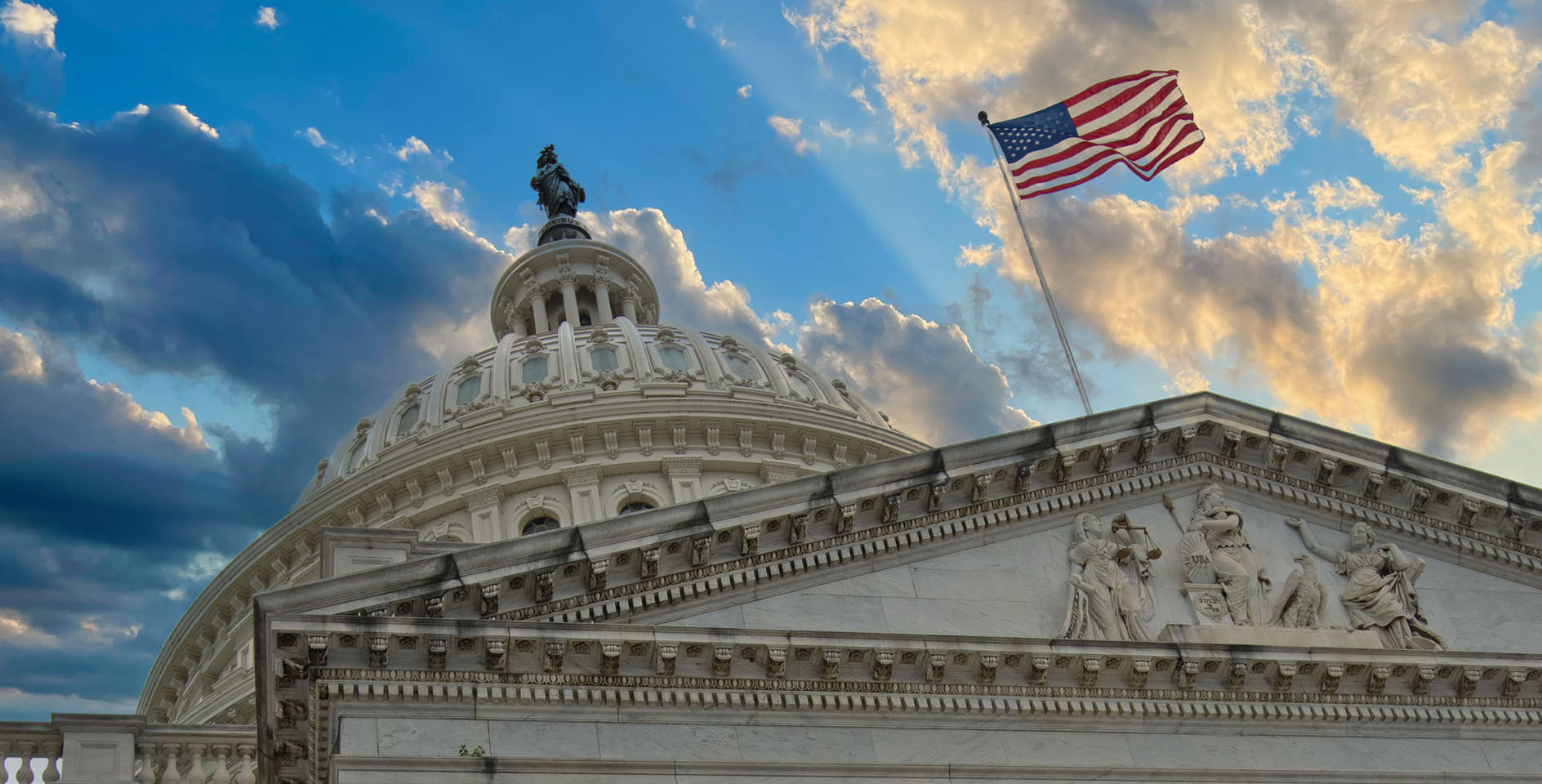In the truest sense of the word, I am a pilgrim. My pilgrimage began in the piney woods of East Texas, in a small, rural town which has yet to loosen its grip on some of the deepest parts of me. But it was a pilgrimage that led me away from “home,” a term I now use to describe my family’s suburban dwelling place, in a town not far from what we small-town-folk sometimes jeeringly call “the city.” In the span of my nearly 40 years, I have both inherited an identity and put on a new one; I am a “country boy” in “city boy” clothing.
And though mine is not a unique journey, it has given me a perspective that I’ve found helpful for these perplexing times. Having lived in both worlds, having thought both worlds’ thoughts and shared both worlds’ values, I have experienced both sides of the “acute urban-rural polarization” that Emily Badger describes in her 2019 New York Times article. And I’m convinced that the balm needed to soothe these gaping divisions is not political but theological.
These divided states
It is undeniable that we live in a divided America, fragmented in almost every way imaginable. This division has not spared the rural-sub/urban dynamic (sub/urban being a term that groups both suburban and urban communities together), but has widened its fissures further beyond just the miles that separate them. Though it has always been true to some extent, these two groups are typically worlds apart politically, culturally, and religiously, flashpoints that David French argues only exacerbate this widening geographical gap.
For all our divisions and divergent points of view, what’s most alarming is not that they exist, but how we handle them. Increasingly, each group tends to view the other as a sort of “repugnant cultural other,” a term used by Susan Friend Harding, and referenced in Alan Jacobs’ How to Think, to describe our growing repulsion of others whose beliefs and ideas are inconsistent with our own. It is this “othering” of our neighbors, those near and far, that is so damaging and counterproductive, and so efficient at capitalizing on and worsening the rift between these groups and others.
The rural “othering” of the sub/urban
In both groups, there is often a mutual suspicion of the other that tends to manifest itself in different ways. For example, among rural folk, when considering the persons and ideas represented in the sub/urban population, this suspicion bleeds out in the form of skepticism and cynicism, two attitudes rife with divisive potential.
As it relates to this discussion, one problem with both cynicism and skepticism is that, at their root, they are attitudes of mistrust concerned primarily with the repugnant “otherness” of sub/urbanites and their ideas. While there may be ideological disagreements between the two groups, this is not typically where the mistrust begins. It begins well before an idea is even articulated. It begins by virtue of their being an “other.”
The sub/urban “othering” of the rural
Likewise, the psyche of the country’s sub/urban communities toward their rural fellow Americans can be described as equally calloused. But rather than skepticism and cynicism being the culprits, there’s more often an attitude of superiority and assumed ignorance lobbed at those residing in “the country.”
Generally, it may be assumed that because small, rural towns are typically less complex than, say, a large city, their residents must necessarily be equally simple-minded. Or maybe they simply lack access to the “enlightened” information one can garner in the large, cultural centers of our day. This false assumption, that enlightenment belongs to those living in the more populous corners of the country, often begets a subconscious feeling of superiority that manifests itself as a sort of head-patting paternalism or a disregard altogether of those living outside of the public square. Therefore, dialogue between these groups doesn’t often take place—they talk at or about each other, not to each other—because small town Americans are either discounted or ignored.
The result, in both directions, is a relationship devoid of trust.
Tearing down the dividing wall of hostility
In this country, there are many walls, fashioned by human hands and hearts, that divide us, and none with more potent hostility than our political partitions. But the church is not meant to be a divided people. We are a family, after all. And, moreover, we are called to be an attractive family, known above all for our love. (John 13:35) So then, how are we to move forward in this cultural-political climate, walking not “according to the ways of this world” (Eph. 2:2) but according to the way of Christ? Here are a few things to keep in mind as we seek to bridge this gap.
1. The imitation of Christ
In his recent book, Gentle and Lowly, Dane Ortlund, discussing the gentleness of Jesus, says: “Jesus is not trigger-happy. Not harsh, reactionary, easily exasperated. He is the most understanding person in the universe. The posture most natural to him is not a pointed finger but open arms.” This is our King, Jesus, “gentle and lowly in heart” (Matt. 11:29). As his siblings and co-heirs, as his friends and disciples, the church is called—indeed, commanded—to walk in the way of Jesus.
Our speech and engagement, political or otherwise, are not to be formed by social media algorithms or strictly partisan news networks. We are to be formed by our King and his Word, by the community to which he’s called us, and by the ethic of his kingdom.
What that means, at the very least, is that Christians are to submit ourselves under the Lordship of Jesus, we are to humble ourselves under his authoritative Word, and we are to embody the very charity that he, moment by moment, lavishes on us with overwhelming abundance. In other words, our speech and engagement, political or otherwise, are not to be formed by social media algorithms or strictly partisan news networks. We are to be formed by our King and his Word, by the community to which he’s called us, and by the ethic of his kingdom.
2. Theologically-formed political engagement
In America, we’re all politicians. In the church, being a good politician requires being a good theologian.
There are many issues of policy in our form of government to which the Bible does not clearly or definitively speak, issues of prudential judgment, as they’re often called. Principled conclusions, in these cases, can be arrived at on either side of an issue with clear consciences. But, among Christians, the way that we practice our politics is not an issue of prudential judgment, it is a matter of clear-cut obedience to the Word of God.
By definition, the term “repugnant cultural other” is anti-Christian, and to participate in the “othering” so endemic to our contemporary politics is anti-Christlike. Those who belong to different communities than us, whether rural or sub/urban or Democrat or Republican, are not “others,” they are “fellows”—fellow persons, fellow image-bearers.
As Christians who believe the doctrine of the imago Dei, we, of all people, should be those whose “speech is always gracious, seasoned with salt,” (Col. 4:6) as Paul instructs us. Therefore, even our words—how we speak to and about persons—are to be submitted to the Lordship of the King, ensuring that every word leaving our lips abides by the life-giving ethic of his kingdom. This doesn’t mean we never critique. It means simply that when we do, we do so with humility, gentleness, and respect (1 Pet. 3:16).
3. Scripture-soaked engagement
Starting with Scripture is how our theology forms our political engagement. We soak our conscience, our imagination, our conception of reality, our ethic—indeed, our whole selves—in the all-sufficient word of God, and then, by the Spirit, we bring all that to bear on the way that we ourselves participate in the political process. And then we do it again, day by day, not with a pointing finger and hateful tongue, by the habit of “othering,” but in the neighbor-loving way of Jesus our King.
More fundamentally than the “country” and “city” identities that many of us have exchanged in our lives, we Christians have undergone an identity transformation as well; we are those who’ve been raised with Christ from the dead. May the new life pumping through our veins, therefore, and the Spirit residing in our hearts animate all our political engagement.










